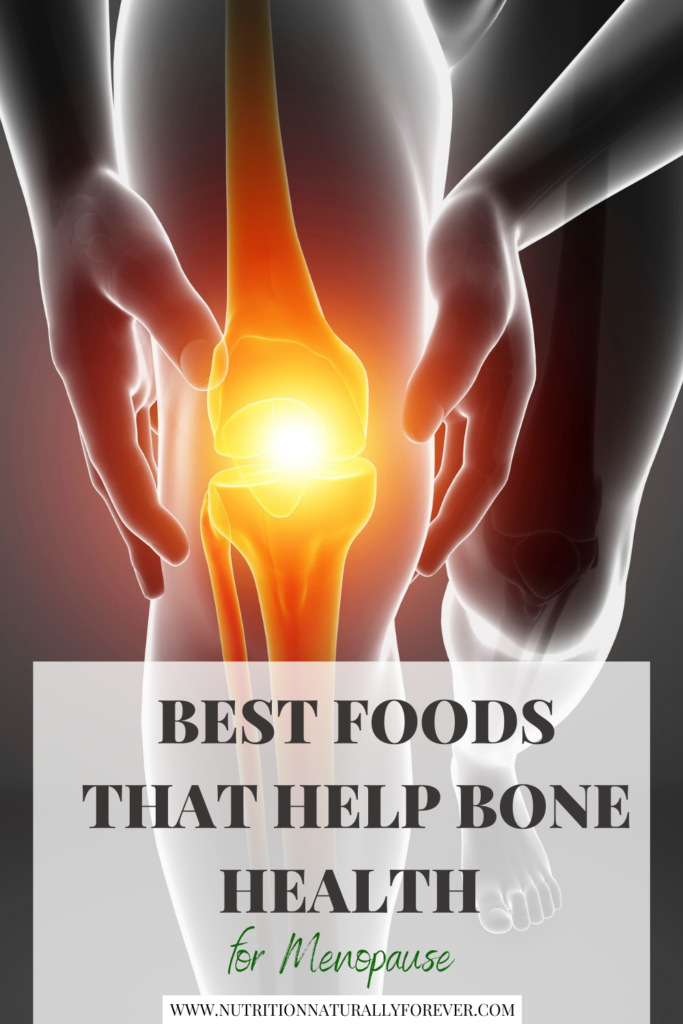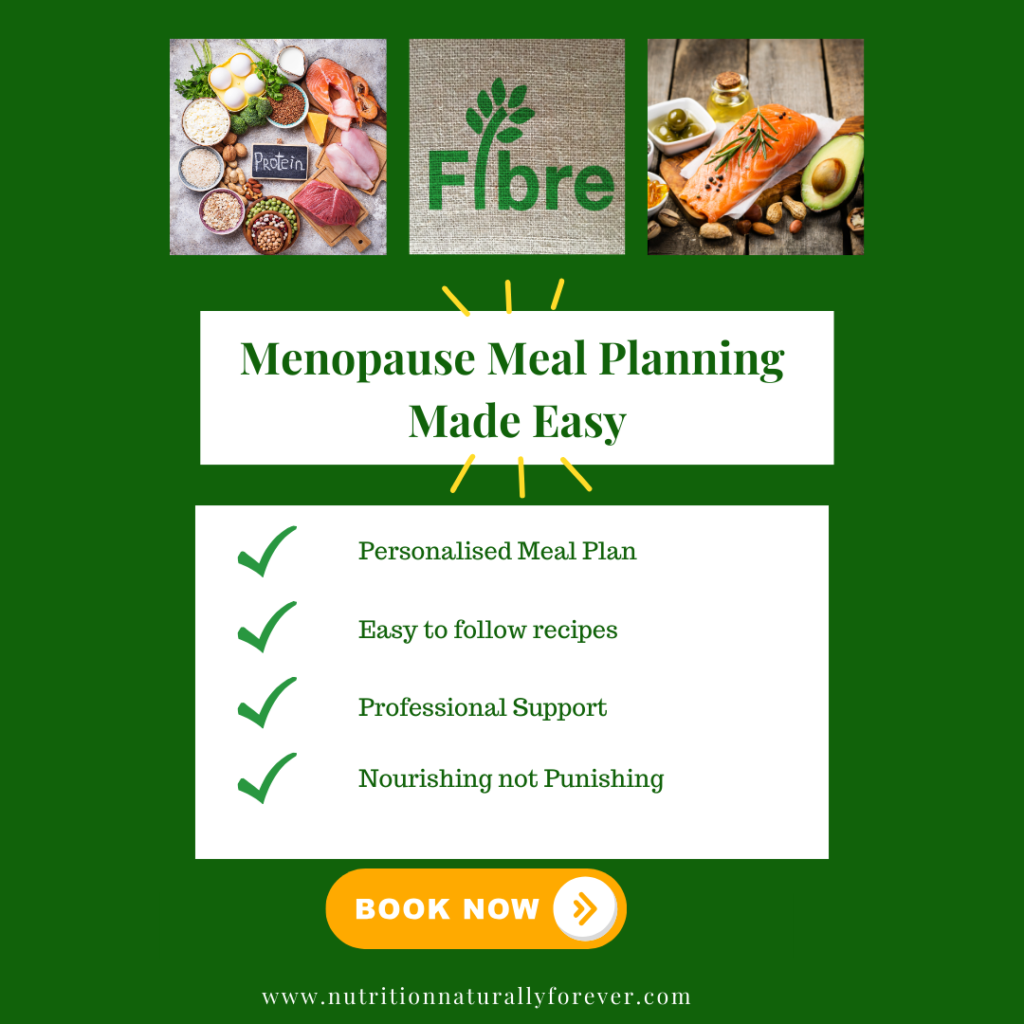
Best Foods that Help Bone Health for Menopause.
What has the moon cycle and astrology got to do with menopause health?
Astrology and astronomy have been combined with medicine for thousands of years.
Medical theories were originally based on the relationship between heavenly bodies and human bodies.
In Western modern society, we seem to have lost a connection to the natural world around us let alone connecting the stars to what is going on inside our bodies.
In medical astrology, your birth chart becomes a unique map of your body. Think about the number of people who can suffer from one ailment and how it uniquely affects each body.
There is no one-size-fits-all response to healing and balancing the body.
Using the influences of the changing skies and the changing seasons along with the ebb and flow of your unique body you can support yourself to create a plan tailored to your individual needs.
Tuning into your cycle or the moon cycle if you don’t have a cycle due to contraception or menopause allows you to make time to rest, plan, take action and organise.
Taking this a step further by tuning into the astrology of the moon cycle allows you to focus on a particular part of your physical body thereby over the 13 moon cycles of a year you will have given attention to your whole body to create harmony.
If you are woo-curious, lean into this, if not follow the practical advice of the Capricorn moon cycle to improve the long-term health of your bones, connective tissues, tendons, joints, ligaments, hamstrings, cuticles, nails, and teeth.
Understanding Menopause and Bone Health
As women enter menopause, there is a decline in estrogen levels, a hormone that plays a significant role in maintaining bone density.
The hormonal shift during menopause can lead to a reduction in bone mass and an increased risk of osteoporosis leading to a risk of hip fracture and increased risk factors of other bone fracture.
Estrogen is not only vital for regulating the menstrual cycle but also acts as a protective factor for bones.
It helps in inhibiting the activity of cells responsible for breaking down bone tissue, ensuring a balance in the bone remodelling process.
With estrogen decline during menopause, this balance is disrupted, potentially compromising the strength and structure of bones.
Bones are dynamic structures that undergo a continuous process of remodelling, involving the breakdown and rebuilding of bone tissue.
During menopause, this process becomes less efficient, leading to a net loss of bone mass over time and less strong bone.
Women must be aware of these changes and take proactive measures to support their bone health during and after menopause. You don’t need HRT to do this.
In this post, we will explore nutrition and lifestyle choices that promote bone density and overall well-being and can significantly mitigate the potential risks associated with bone-related issues.
Nutrient Needs for Bone and Connective Tissue Health
Bone is a mineralised connective tissue and calcium is an essential mineral that helps form teeth and strong bones, maintain body strength and release hormones and enzymes to support the body function and much more.
Up to 50 years of age women need 1000 milligrams of calcium per day, for older adults after 50 this increases to 1200 mg of calcium. Adequate calcium is essential for postmenopausal women. For good sources of calcium, see below.
Adequate vitamin D plays a key role in the absorption of calcium in the body, this is why it is important to obtain vitamins and minerals through food as nature often pairs together nutrients which work in synergy.
The most bioavailable form of vitamin D is sunlight. Sunlight absorbed by our skin is synthesised into vitamin D. Daily value = 15mcg. For vitamin D-rich foods food, see below.
Along with calcium, magnesium is critical for maintaining healthy bones as it plays a role in bone formation. Daily value = 320mg.
Vitamin K is important for bone health as it is thought to activate proteins (amino acids) involved in bone formation. Daily Value = 1mg for every kg of body weight.
Lastly, Omega-3 Fatty Acids prevent bone decay and support bone mineralisation. Daily value 1.1g
Real Food Solutions for Menopausal Bone Health:
The most bioavailable way for the body to absorb the nutrients it needs is through food.
To provide bone strength and density the body needs calcium.
Great options of High-Calcium Foods include;
- Dairy Products
- Dark Leafy Greens – such as collard greens, bok choy, turnip greens, romaine lettuce
- Fresh Fruits – such as kiwi, guava, and blackberries
- Pumpkin seeds, Chia seeds, sesame seeds
- Cheese
- Yoghurt
- Oily fish – such as sardines
To increase calcium absorption vitamin D needs to be present.
Great choices for dietary sources of vitamin D are;
- Red meat
- Liver
- egg yolks
- fatty fish
- Mushrooms (UV exposed)
An excellent source of vitamin K for regulating calcium in the body is
- Collard greens,
- Turnip greens,
- Beet greens
- Liver
- Fresh parsley
Protein is an often under-consumed nutrient especially among women.
While consuming enough protein doesn’t directly promote bone growth it supports the absorption of calcium in the gut as well as ensuring adequate muscle mass to support the frame of the body.
Good protein sources include lean meats, dairy, eggs, beans and legumes.
Recent research suggests that Iron-deficiency anemia can negatively affect the formation of bones leading to bone breaks and poor bone repair. The best way to increase iron absorption through your food is by drinking orange juice with meals.
Are Supplements Necessary
If you or your loved ones have an aversion to green vegetables, Citrus fruits or struggle to get enough vitamin D, you might want to consider supplementation.
A well-balanced diet should provide all the nutrition your body needs and prevent various diseases but there are always gaps that need to be plugged or lifestyle choices such as more than the recommended alcoholic beverages that might make you want to consider investing in quality supplements, please don’t waste your money on supermarket supplements.
Following are supplements that I recommend to my clients;
- Cod liver oil to increase omega 3
- Vitamin D supplements to increase your vitamin D intake if you suffer from vitamin D deficiency which could present as low energy levels.
- Magnesium Glycinate – great for sleep or nerve issues.
- Collagen – from the age of 30 our production of collagen begins to decrease, as well as improving the appearance of skin on the outside it can support the health of joints and connective tissue as well as gut health. Check the ingredients before buying, many have lots of inflammatory ingredients, i use and recommend, Willpowders and Edible Health.
- Protein powder – If you struggle to get enough protein from your diet you might like to try adding a scoop of protein powder to overnight oats, smoothies or beverages. As above, check the ingredients before buying, I use and recommend, The Organic Protein Co. and Willpowders.
Crafting a Menopause-Friendly Meal Plan:
During menopause, it is more important than ever to nourish your body.
Chuck all restrictive diets and low-calorie meal plans out of the window, do it now, I’ll wait…
This can feel frustrating especially if you have started to gain weight and feel uncomfortable in your own skin.
I understand how this also leads to a lack of confidence and self-esteem, the person staring back at you in the mirror (or reflection in a shop window) looks like a stranger.
This additional weight is a symptom and you need to get past those thoughts of “one more diet” or trying to cut out whole food groups or skipping meals to try and reduce your calorie intake, it won’t work. Not that it ever did long-term!
Trust in the body’s ability to find its natural balance. You just need to provide the key nutrients that it needs to do this.
What is a healthy diet?
We are bombarded in the media with information about ‘good’ food one week that turns into ‘bad’ food the next. You need a degree in nutrition to be able to figure it all out.
Essentially a good diet is well-balanced meaning that it provides plenty of protein for growth and repair, healthy fat for satiety as well as hormone and neurotransmitter production and complex carbohydrates for energy.
It should support your micronutrient needs to prevent iron deficiency, provide plenty of vitamin C and support the continuing healing process that the body goes through on daily. This can not happen on a 1200-calorie per day diet.
I offer a Personalised Menopause Meal Planning service, you can find out more about this HERE.
If you would like to chat with me about your unique menopause transition, book a Wild Well-Being call and come away inspired and motivated to begin your journey to optimal health.

